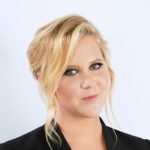Sir Kensington’s Three Prompts For Finding Your Purpose
When Mark Ramadan and Scott Norton began the grand experiment that would become their popular condiment brand, Sir Kensington’s, they didn’t have a particular mission in mind. All the Brown University grads shared at the time was a passion for food and entrepreneurship. But as they watched their company grow and their product line grow beyond ketchups to include mustard, mayonnaise, and the chickpea-based fabanaise, the duo decided to synthesize their success into a five-part business philosophy and code of conduct.
From “We act with honor, even when no one is looking” to the Soylent Green-ish sounding “Our secret ingredient is people,” theirs is a solid mission statement for a fast-growing upstart (see the full list here).
At the Fast Company Innovation Festival earlier this month, Norton led an exercise aimed at helping the attendees figure out what their mission is, whether it personal or professional. Here are the three questions they believe every enterprising individual or business should ask themselves and their teams before they grow too large. To them, it’s crucial to remember humble beginnings.
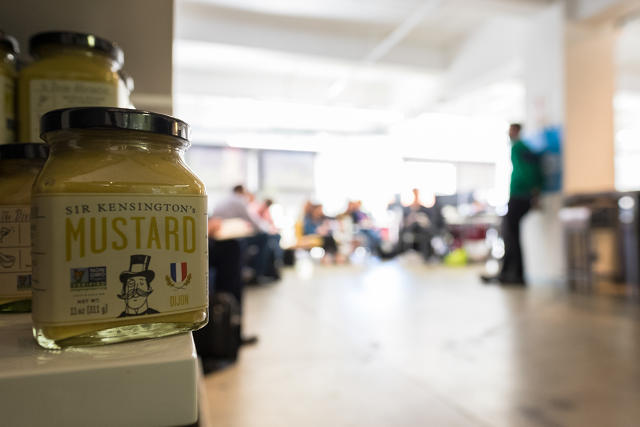
Question 1: What makes your offering different—product or service—than your competitors?
Norton prompted attendees to name three different aspects of their business or personal brand that makes it unique. He started with a mechanical approach: For example, “Our ketchup tastes the best.” Then he prompted attendees to tap into the emotional side of their answers: “When someone tastes our ketchup, it reminds them why they love food so much.”
“A really key element of enterprise value is brand value,” Norton said. “Those are found on balance sheets in the form of intangible assets and trademarks and brand. And what those really represent is trust and flexibility you have in the marketplace and the advocacy and the potential for your customers to become your evangelists.”
Question 2: What about yourself or your business would you never change?
This question is all about figuring out what Norton calls, quoting the Declaration of Independence, the truths you hold to be self-evident. Answers can run the gamut, from, say, “integrity” to “thinking with my heart first and then my head.”
“We like to think that we make logical decisions and rational decisions,” he said. “But really, what our brains do is feel first, and then they rationalize those decisions.”
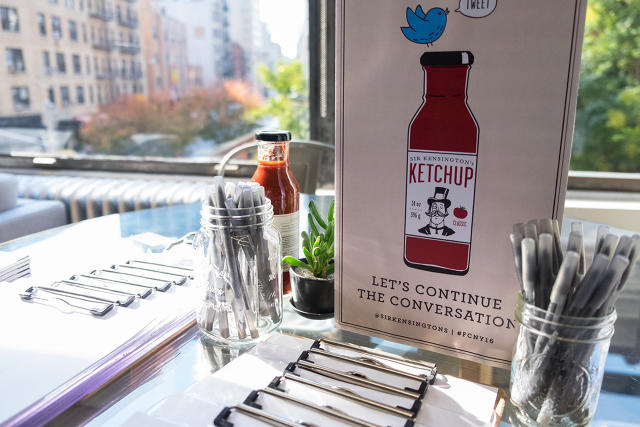
Question 3: Write the 2026 Wall Street Journal article about your company’s success. What does it look like?
This prompt is all about being forward looking (and is tied to tenet no. 4 of the Sir Kensington’s mission statement, which is to think long term). “What does this say about your company and what it’s achieved?” Norton asked attendees. “If that sense of purpose and that sense of values is part of what’s important to you and will drive your success, then should it be part of this vision of the 10-year plan and how success is gauged?”
As for the 2026 headline for Sir Kensington’s? “It seems a little bit fantastical,” Norton said, “but ‘Sir Kensington’s Seeds $1 Billion Foundation To Educate Around Food.’ That would be an amazing success for us. Imagine having that much to give.”
Sir Kensington’s Scott Norton at the Fast Company Innovation Festival.

“We act with honor, even when no one is looking” is one of Sir Kensington’s key philosophies.
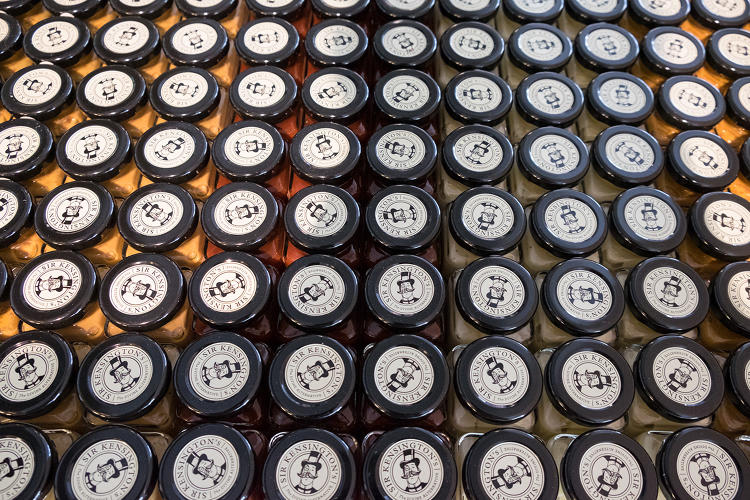
Scott Norton believes business leaders must ask themselves, “What truths do you hold to be self-evident?”
‘ src=”http://d.fastcompany.net/multisite_files/fastcompany/imagecache/slideshow_large/slideshow/2016/11/3065148-slide-s-7-fast-track-session-sir-kensingtons-story.jpg”>
Sir Kensington’s Mark Ramadan.

Another tenet of the company: “Our secret ingredient is people.”
‘ src=”http://a.fastcompany.net/multisite_files/fastcompany/imagecache/slideshow_large/slideshow/2016/11/3065148-slide-s-2-fast-track-session-sir-kensingtons-story.jpg”>
Sir Kensington’s Scott Norton and Mark Ramadan.
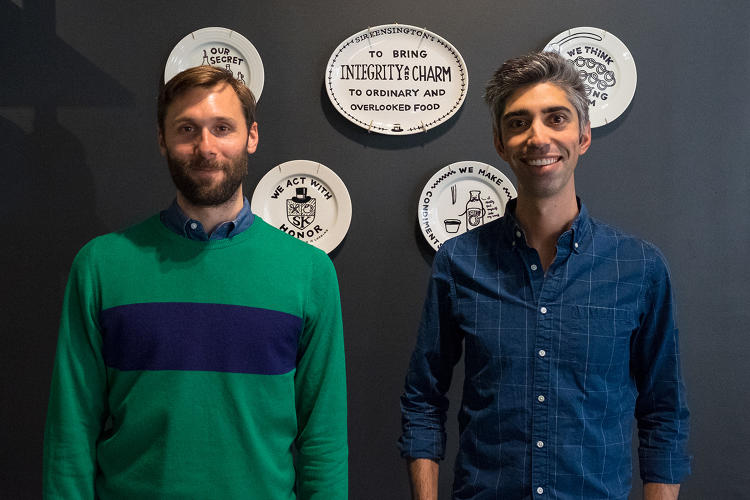
Sir Kensington’s product line has grown beyond ketchups to include mustard, mayonnaise, and the chickpea-based fabanaise.
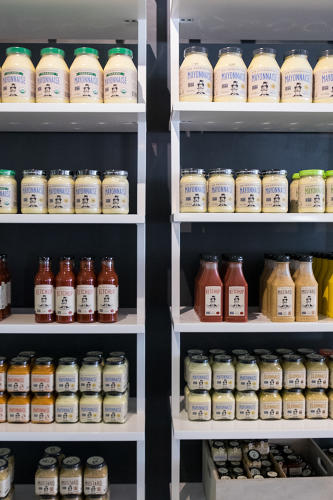
Fast Company , Read Full Story
(16)




